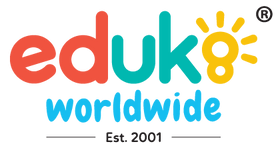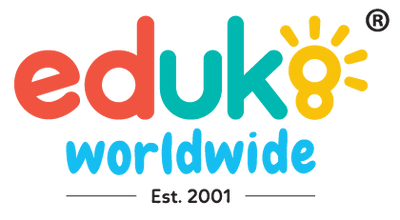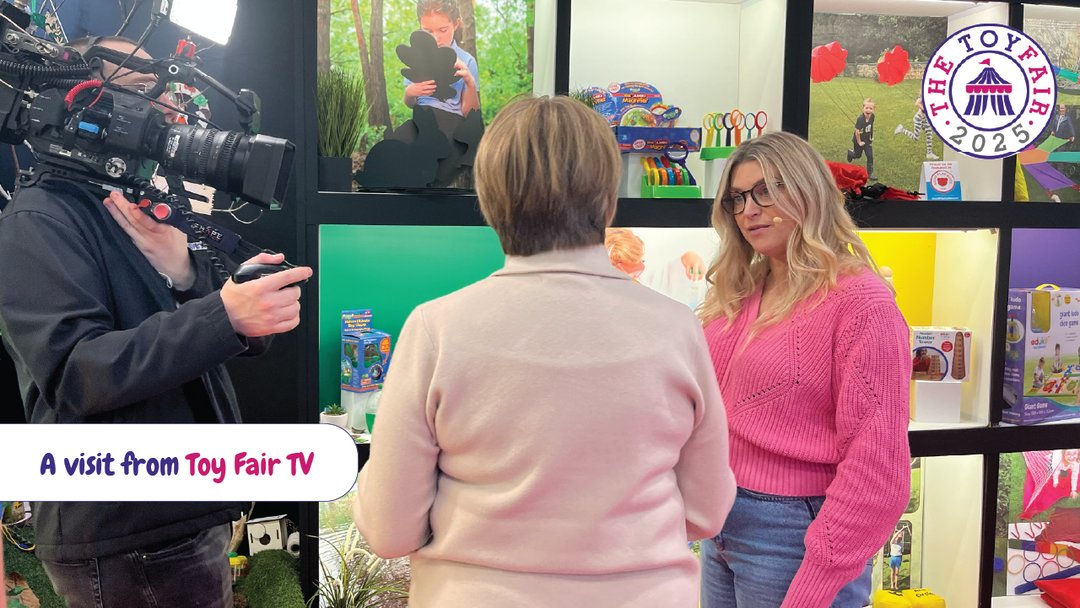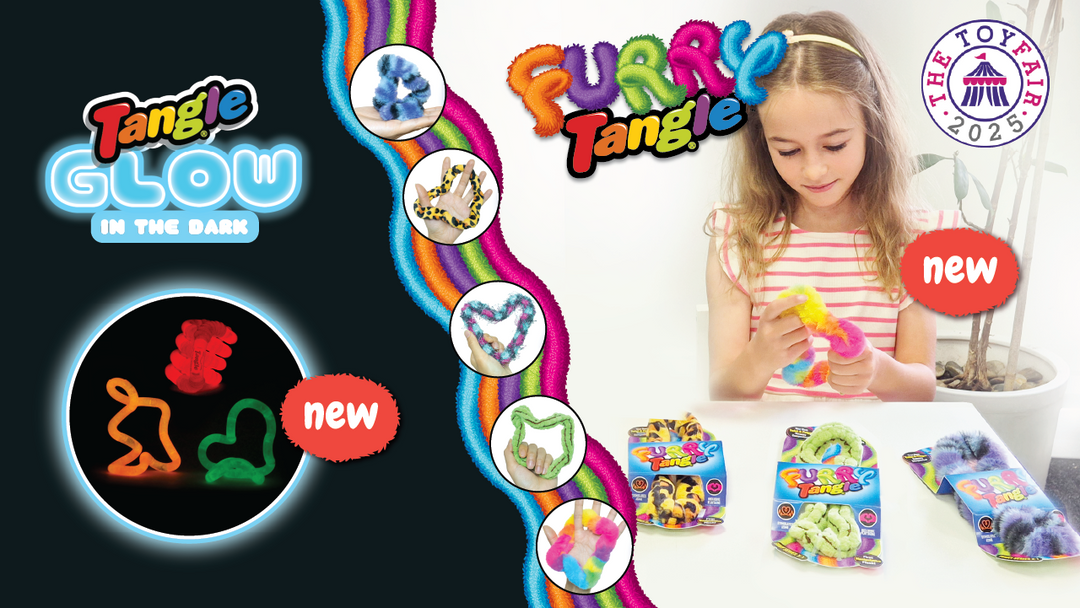🎨 Messy play is more than just a fun activity...

Benefits of Messy Play: Unlocking Learning Potential
Messy play is more than just a fun activity; it is a crucial aspect of early childhood development that lays the foundation for cognitive, physical, and social growth.
What is Messy Play?
Messy play refers to activities that allow children to explore materials and textures freely, often resulting in a bit of a mess. These activities can include playing with sand, water, paint, mud, dough, and other tactile materials. The open-ended nature of messy play encourages children to experiment, create, and learn in an unstructured environment.

Cognitive Development
Messy play stimulates cognitive development in several ways:
-
Sensory Exploration: Engaging with different textures, colours, and materials enhances sensory perception and processing. Children learn to differentiate between wet and dry, rough and smooth, sticky and slippery.
-
Problem-Solving Skills: As children manipulate materials, they encounter challenges that require problem-solving.
-
Language Development: Describing their actions and creations during messy play helps children expand their vocabulary and improve their communication skills.
Physical Development
Messy play supports physical development, particularly fine and gross motor skills:
-
Fine Motor Skills: Activities like squeezing, pinching, and molding clay or dough enhance hand-eye coordination and dexterity.
-
Gross Motor Skills: Moving around to access different materials, pouring water, or digging in the sand strengthens larger muscle groups and promotes physical coordination.
Social and Emotional Development
The social and emotional benefits of messy play are equally significant:
-
Collaboration and Sharing: Working with peers in a messy play environment teaches children the value of sharing and taking turns.
-
Self-Expression and Creativity: Messy play provides a safe space for children to express themselves freely, promoting creativity and imagination.
-
Emotional Regulation: The tactile nature of messy play can have a calming effect, helping children regulate their emotions and reduce stress.

Inclusive Learning: Messy play is accessible to all children, regardless of their abilities or backgrounds, making it an inclusive educational tool that supports diverse learning needs.




